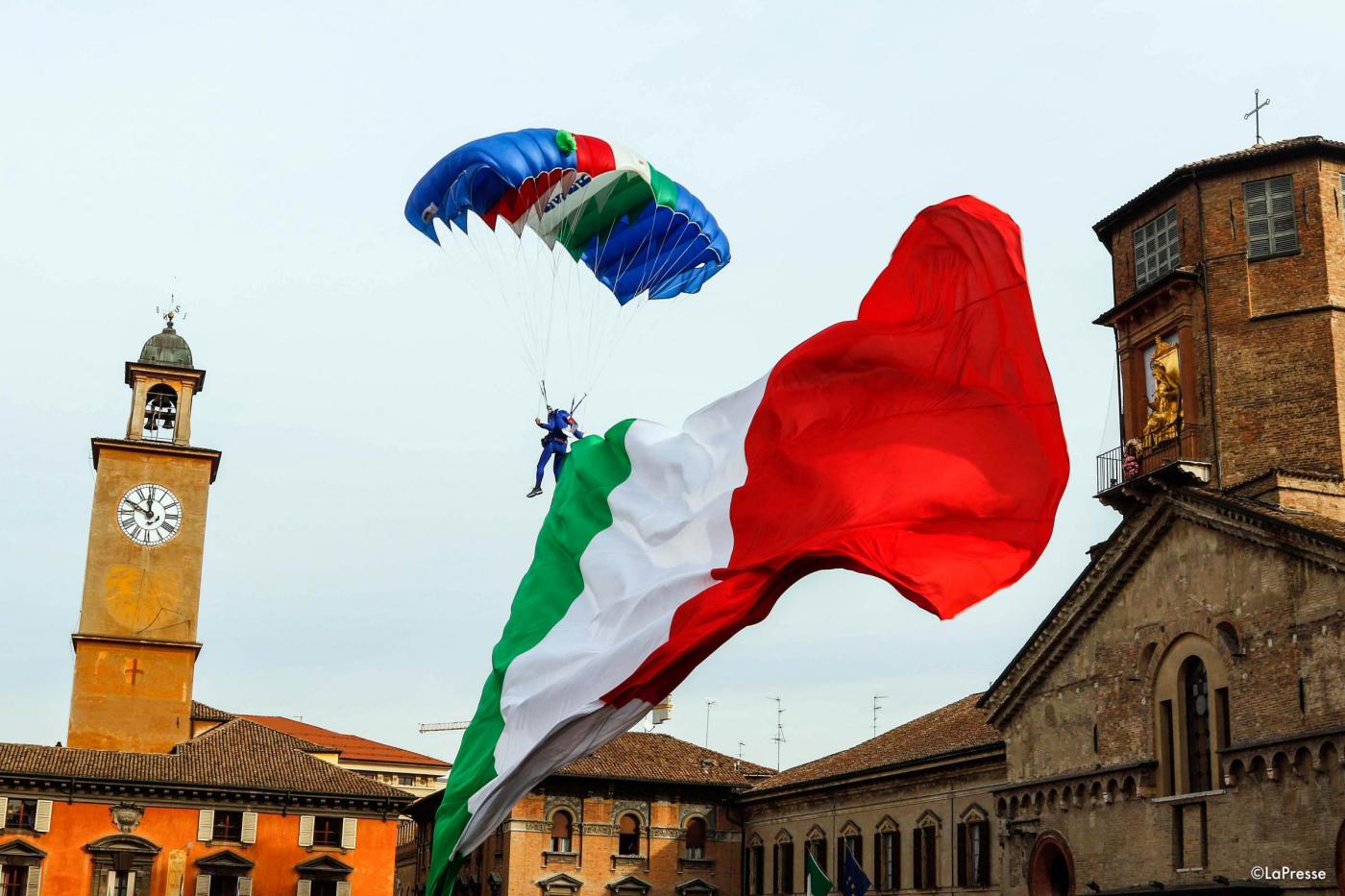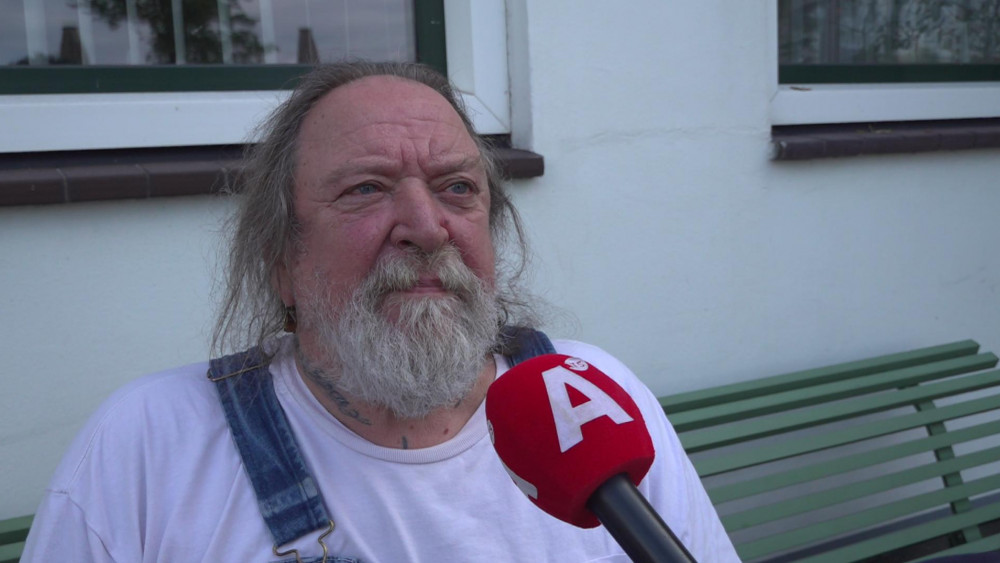‘Am I moving abroad for the love of my life?’ ‘Do I choose the short pain and shave my thinning hair completely?’ or ‘Do I give the children a say in the composition of the weekly menu, even though this will probably result in mainly minced meat, puree and apple sauce on the plate?’
These are just a few of the dilemmas faced by the participants in the VTM program What would you do? struggle with. One life issue may be more pressing than another, but they all have in common that the direct object fails to make the decision. Enter Karen Damen and her panel of 250 unknown Flemish people. In a number of voting rounds, they each indicate separately what they think is the best choice. The option that receives the most votes after three rounds is put into practice by the doubting candidate.
At first glance it seems like a good idea. Surely the collective common sense of a group should lead to a better decision than trying to solve such an issue all on your own? Social psychologist Alain Van Hiel (UGent) sighs deeply when we ask him that question.
“There are few positive writings in social psychology about that kind of group decision-making,” he explains. “A whole arsenal of group dynamic processes are involved, all of which influence the final result in their own way.” Van Hiel, for example, cites majority thinking. In concrete terms, this means that as individuals we are inclined to follow the opinion of the group. “If an initial vote shows that 80 percent of the group has answered ‘yes’, there is a good chance that that option will also become the end result after a few more rounds.”
Extreme meaning
Loes Meeussen, who conducts research as a social psychologist and teaches at KU Leuven and Thomas More, also points out the misconceptions when it comes to group processes. “Making decisions in groups is less of a silver lining than we might think,” she says. “Take brainstorming now. Research shows that a group brainstorming does not automatically lead to more and better ideas. If you let people do this separately and then throw their ideas together, it often yields more.”
Meeussen also talks about group dynamics that can play a disruptive role. “We know, for example, that strong opinions can become even more extreme under the influence of a group. And there is also such a thing as groupthink. A group wants to reach a consensus as quickly as possible. As a result, the first idea they agree on is often chosen, even though that is not always the best.”
Participants in What Would You Do? those who hoped that the group process would lead them to the best decision seem to be worth the effort. Although psychologist Klaas-Jan Klatten, who guides companies through transformation processes in daily life, also sees advantages in the format of the program. “For example, the fact that the members of the group have no ties with each other is a plus. This prevents them from following people with more prestige or a higher place in the hierarchy in their choice.”
The fact that the decision they make does not affect their own lives is another positive point. “That means they can make that choice more rationally,” Klatten explains. “For example, in a company, executives will not easily choose to close their own department, even if that is the best choice from an economic point of view. For fear of the impact on their own lives.”
Experienced expert
Van Hiel even sees a number of opportunities to influence decision-making in What would you do? to be further refined. “If you want to make full use of the knowledge of such a group, you should look for individuals who have experience in one way or another with the type of dilemma that is presented to the group. You can then give the voice of those ‘experts’ more weight in the final result.”
An avenue where the makers of What would you do? have thought about. “For example, if someone has doubts about getting a tattoo, we ensure that there are people in the room who have experience with it,” says Erik Gordts, editor-in-chief of the program. “We do not give their vote more weight, but we do let them have their say between voting rounds. And then we definitely notice an effect on the voting behavior of the other members of the group.”
Gordts also points out that it is absolutely not the ambition of What would you do? to arrive at the best possible decision in a scientific manner. “We especially want to make a fun program. That is why we consciously avoid themes with too great an impact. We would never venture into dilemmas such as ‘whether or not we should have another child’ or ‘as a terminal patient, should I stop taking my medication?’
“What in What would you do? happens is essentially a natural process,” concludes Meeussen. “When making decisions, we all sometimes ask friends or family what they think. However, in this format you ask the opinion of a much larger group.” Meeussen has no doubts about what the best approach is. “I would choose friends and family. Knowing what a large group thinks can be interesting. But I think the advice from people who really know you and your situation is more valuable.”
What would you do?, every Thursday at 8:40 PM on VTM.
Also read
2024-01-10 02:00:58
#group #individual


